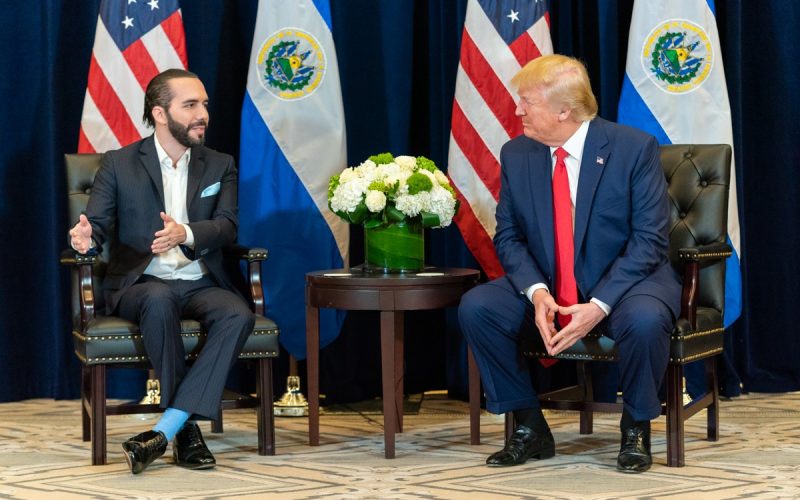The recent deportation of hundreds of immigrants from the U.S. to El Salvador has sparked significant controversy, particularly due to its timing and legal implications. The Trump administration invoked the Alien Enemies Act of 1798, a rarely used wartime statute, to expedite these deportations.
This move was made despite a federal judge’s emergency order to stop such actions, which was issued on Saturday, March 16, 2025.
Background and Legal Context
The Alien Enemies Act allows the president to detain or deport nationals from enemy nations during wartime. Its use is unprecedented in modern times, with the last application being during World War II.
The Trump administration declared that the deportees were affiliated with Tren de Aragua, a Venezuelan gang, though no evidence of their involvement has been publicly disclosed.
Political Alliance and Implications
This deportation is part of a broader political alliance between the Trump administration and El Salvador’s President Nayib Bukele. Bukele has been a vocal supporter of Trump and has offered his country’s prisons to house U.S. deportees, including gang members.
The agreement includes housing about 300 migrants for a year at a cost of $6 million, which Bukele sees as a mutually beneficial arrangement.
Reaction and Controversy
The deportations have been met with criticism from human rights groups and legal experts. The Venezuelan government condemned the actions, stating that most migrants are honest workers rather than criminals.
Meanwhile, President Bukele responded to the judicial order with a tweet saying, “Oopsie… Too late,” indicating that the deportations had already occurred.
Economic and Political Implications for El Salvador
El Salvador faces economic challenges, and Bukele’s relationship with the U.S. is crucial for securing financial support. The IMF has recently provided support to El Salvador after it dropped bitcoin as an official currency.
This alliance with the Trump administration could further stabilize Bukele’s position domestically by addressing gang violence, a major issue in El Salvador.
For more information on the Alien Enemies Act and its historical use, you can visit the Brennan Center for Justice. To understand the broader context of U.S.-El Salvador relations, explore NPR’s coverage.
This development highlights the complex interplay between U.S. immigration policy, international relations, and domestic politics in El Salvador. As the situation unfolds, it will be crucial to monitor legal challenges and diplomatic responses from both countries.





